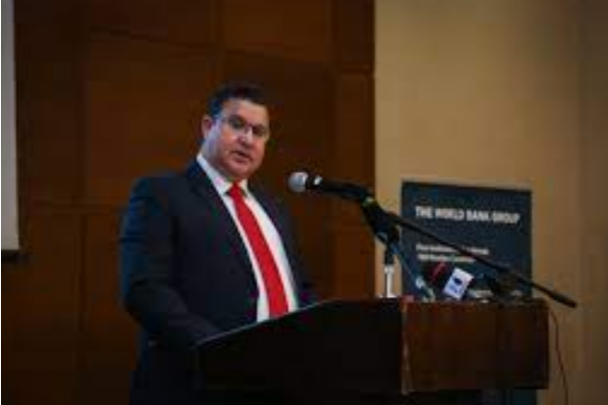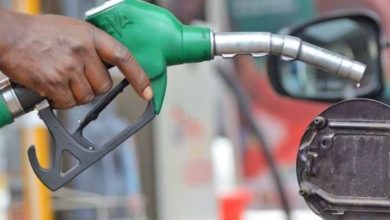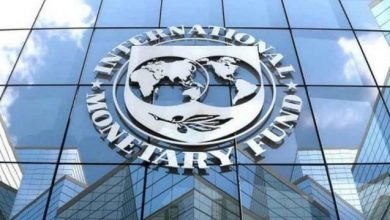Business
World Bank, IMF finalising work on Ghana’s Debt Sustainability Analysis

The World Bank and the IMF are finalising work on Ghana’s Debt Sustainability Analaysis.
Country Director of the World Bank, Pierre Laporte who disclosed this to Joy Business noted that the review which is in its final stages will reflect current happenings in the country, in terms of Ghana’s debt situation.
“There is one underway now and the IMF/World Bank are just finalising their assumptions on data” the World Bank country director added.
On how things are shaping up, he said “let’s say it will not be very different from what it is now…and I mean the situation is worse now as we all know now” he added.
What is the Debt Sustainability Analysis?
The World Bank Group and the IMF work with low-income countries to produce regular Debt Sustainability Analysis, which are structured examinations of developing country debt based on the Debt Sustainability Framework.
The two institutions use this framework to guide the borrowing decisions of low-income countries in a way that balances their financing needs with their ability to repay—both in the present and in the future.
This area of work has three goals:
· Ensure that countries that have received debt relief are on a sustainable development track.
· Allow creditors to better anticipate future risks and tailor their financing terms accordingly.
· Help client countries balance their needs for funds with the ability to repay their debts.
Ghana’s status on the World Bank/IMF Debt sustainability analysis
This Debt Sustainability Analysis (DSA) concludes that Ghana’s risks of external and overall debt distress continue to be high.
While the rebased nominal Gross Domestic Product (GDP) significantly improved the public debt to-GDP ratios (albeit remaining elevated), the debt service ratios continue to breach their respective thresholds under the baseline, reflecting underlying vulnerabilities.
The downward trend in total public debt-GDP ratio was interrupted in 2018, reflecting the realization of significant contingent liabilities in the banking sector (seven banks resolved through end-December).
At the same time, reflecting investor confidence in the first half of 2018 and efforts in restoring macroeconomic stability, Ghana successfully issued a $2 billion Eurobond in May 2018 at more favourable terms relative to peer countries.
Going forward, the World Bank said maintaining fiscal discipline, building buffers, diversifying the export base and exercising caution in contracting new external financing arrangements for infrastructure and other spending would be critical in making sure Ghana’s public debt dynamics is put firmly on a downward path.
Concerns about Ghana’s rising debt stock
The World Bank Country Director noted that his outfit is worried about Ghana’s rising debt stock.
According to him, some ongoing measures should be fast-tracked to help stabilize the situation.
“I believe that a lot more needs to be than in the area of revenue or the country’s revenue base to deal with the challenge.”
According to the World Bank Country Director, the World Bank is also taking some measures internally that will act as a check on Ghana in terms of borrowings and rising debt stock.
World Bank and Ghana’s National Development Bank
Government’s decision to establish the National Development Bank has not gone down well with some industry players. Some have even questioned the relevance of the new bank, especially when the government could have supported exiting institutions like the National Investment Bank and ABD to play that role.
But Mr. Laporte maintains that the bank is satisfied with measures that government has taken, saying the institution will comply with best international structures.
This will ensure that the right Board of Governors are selected as well as management personnel that will lead the institution.
Mr Laporte, also said the National Development Bank is going to perform some unique role, by providing long term funding to some specific sectors in the economy that might have not been done or be done by existing firms.
According to the Ministry of Finance, the Bank will take off from next July 2021
World Bank and Ghana’s COVID -19 program
The World Bank has also indicated its commitment to advance additional support to Ghana for the purchase of COVID-19 vaccines if the request is made.
This is coming after the it approved some $430 million to help Ghana manage the COVID -19 as well as vaccine purchases.
According to the Bretton Wood institution, it has put measures in place to ensure that there is value for money.
“The World Bank is happy to support this second additional financing, given the importance of preventing deaths and reducing transmission of COVID-19 among the population by providing access to COVID-19 vaccines towards accelerating economic and social recovery in Ghana.” said Mr. Laporte.
Mr Laporte also disclosed that through its private sector arm, the IFC, it will extend support to Ghana if the request is made when it comes to the production of COVID-19 vaccines locally.
Source: Fiilafmonline/JoyBuss



